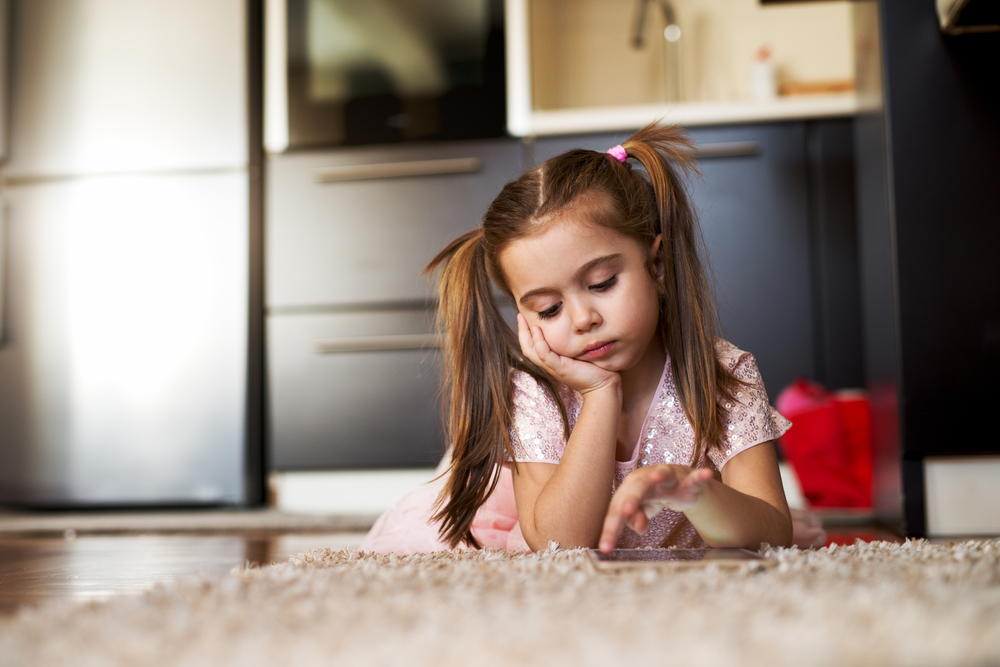How the Findmykids App Can Help Parents of Hyperactive Children
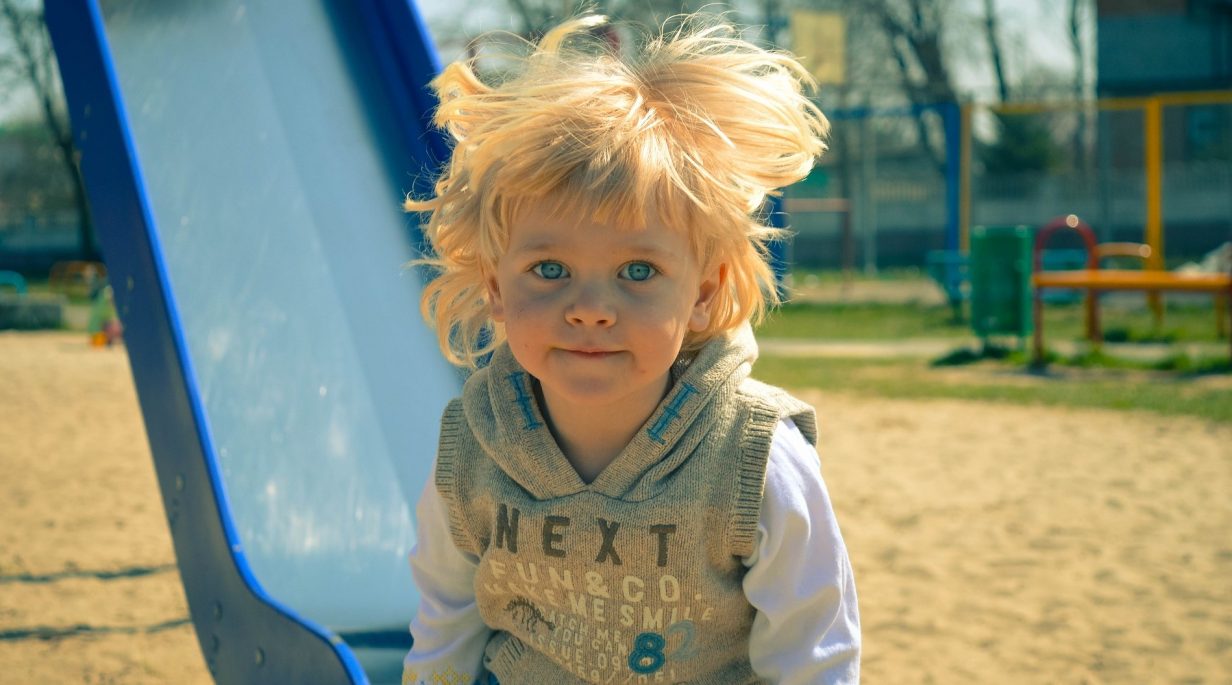
As soon as you enter a supermarket, your attention is caught up by a kid running about the aisles, knocking over food supplies, and ignoring his mother. What thoughts are going through your mind when you’re looking at the scene? That the parents are unable to educate their offspring or that it is just a nature of a hyperactive child?
- What is your understanding, if your kid’s unusual behavior is due to parental omission or everything is much more serious and you and your child need professional help?
- What to do if your child is diagnosed with ADHD? What exactly does it mean, and what is the prognosis for this diagnosis? What kind of treatment does it require, and would it be enough just to look for a private tutor?
- My kid is too overactive and, according to my good mother, my husband was also very energetic when a child, but then it gradually «passed off» . Do I have to wait until it «passes off» or should follow my friend’s suggestion and ask a specialist’s advice?
- My daughter is naughty, defiant, and oblivious. She often loses things… and nothing seems to work. I’m at loss and don’t know what to do…
These and other questions will be answered in the essay below, whi can provide parents enough information relating to causes, symptoms and therapies for hyperactive children.
Contents
- What is ADHD?
- The extent of the problem
- What causes ADHD?
- ADHD diagnostics
- Symptoms
- Basic differences between hyperactivity and normal activity
- A child with ADHD symptoms: do’s and don’ts
- Practical tips for parents of children with ADHD symptoms
- Assistance of Findmykids to a family with an ADHD child
- Psychologist advice
What is ADHD?
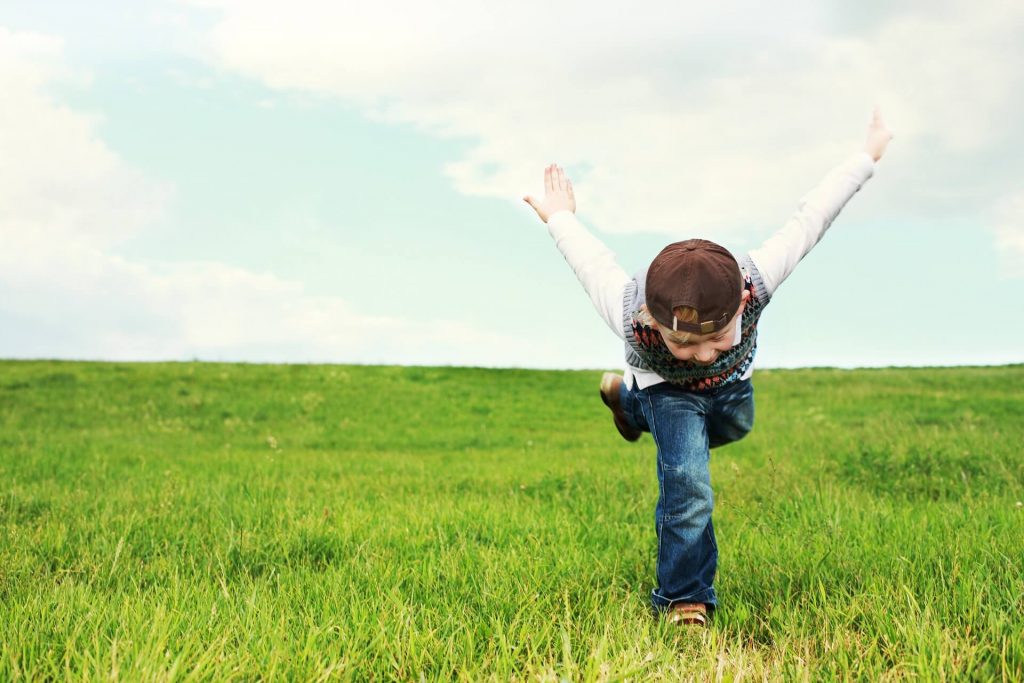
Prostock-studio/Shutterstock.com
The abbreviation ADHD refers to attention deficit hyperactivity disorder. It is characterized by increased motor activity in children and their problems associated with concentration, impulsivity, and perseverance. It is often accompanied by quite serious behavior disorders and emotional instability.
In effect, ADHD encompasses an entire range of malfunctions that are connected on the basis of complex patterns that often belie a child’s age.
Over-activity, inability to concentrate, excessive impulsiveness and a lack of sufficient motivation for task performance – all these conditions are associated with ADHD.
These disorders may create social difficulties for their sufferers such as:
- inability to follow teacher directions at school or care center;
- conflicts with peers on playgrounds;
- problems with school performance;
- failure to stay still, quiet and concentrated even for short periods of time;
- being unwilling and unable to perform independently (e.g. homework, etc.).
Types of hyperactivity
Different children may develop different ADHD symptoms, or, rather, different combinations of certain symptoms that refer to different ADHD types. Some kids can show both excessive mobility and attention disorder signs, while others can be very inattentive, but not overactive. Alternatively, there are pretty impulsive and mischievous children who can perfectly manage complex tasks that require attention. Whatever the case, arriving to correct diagnosis is not possible without professional observation and testing (such as MRI or EEG).
The extent of the problem

Prostock-studio/Shutterstock.com
How many ADHD-diagnosed children are there in the world?
According to medical statistics made in different countries, the approximate rate of global ADHD occurrence ranges from 1-3% to 24-28 %. To be more precise, this condition affects about 5% of kids under 18 years of age, 3% of teenagers, and 6% of school-aged children.
Statistical data shows that the USA and Russia have become record-breakers in this sad rating. The USA has 4-20% of ADHD-diagnosed children, Russia – 7 – 16 %, China – 1-13%, and Italy – 3 – 10%.
The scatter of data is caused by the fact that each country uses different criteria and methods for coming to the final figures.
What causes ADHD?

Prostock-studio/Shutterstock.com
The reasons for ADHD have not yet been established. Nevertheless, all specialists dealing with ADHD-related problems share the idea about multifaceted causes of its occurrence.
There are 3 main groups of factors that, according to scientists, are highly connected with the appearance of hyperactivity in children.
1. Biological factors
Biological factors that may affect the development of ADHD have cerebral-organic nature, which simply is a nervous system dysfunction in the embryo. Major risk factors of cerebral-organic disorders include:
- fetal hypoxia during pregnancy and childbirth;
- complications before and after delivery;
- premature and post-mature birth of a child;
- prenatal hypotrophy;
- pregnancy in very young (under the age of 20) or quite mature (40 years ) women;
- maternity affected by smoking, alcohol or drugs.
2. Genetic factors

Prostock-studio/Shutterstock.com
Inherited influences are believed to contribute to about 50% of all ADHD cases.
3. Psychosocial factors
- low social status of the family;
- unsafe family environment with an alcoholic parent;
- other family difficulties – like parental abuse or marital conflicts.
4. Environmental factors
Apart from the above key groups of factors, there are also other elements contributing to the risk of ADHD development. They include surrounding ecological situations and their impact on the balanced nutrition of a child. Therefore, the following additional factors cannot be discounted:
- insufficient amount of proteins in the child’s daily diet;
- the predominance of digestible carbohydrates, especially in the morning;
- vitamins and minerals deficiency (such as magnesium deficiency was found in 70% of diagnosed children).
ADHD diagnostics

Prostock-studio/Shutterstock.com
Who can establish a correct diagnosis of ADHD in a child? This can be done only by a relevantly trained specialist such as a psychiatrist or a neurologist.
Other professionals involved in the educational process (teachers, educators, and psychologists) can help a parent by their carefully made observations and comments in regard to a child’s behavioral patterns and their suggestion to see a specialist.
A neurologist’s or psychiatrist’s care involves appropriate diagnostic testing that supports a correct conclusion and following treatment options, which may include the participation of other professionals such as a speech pathologist or a psychologist).
Symptoms
Hyperactivity
Hyperactivity is a condition when the motor activity and agitation of a child exceed generally accepted social norms and become not just an expression of personality traits, but creates various problems for a kid and his or her immediate environment.
It is important to understand that the main reason for a child’s over-activity is not bad parenting, but a disorder of his or her nervous system due to various underlying factors such as genes and even fatigue. A child is not to blame for being unable to control non-ideal emotions and behavior.
Attention-deficit
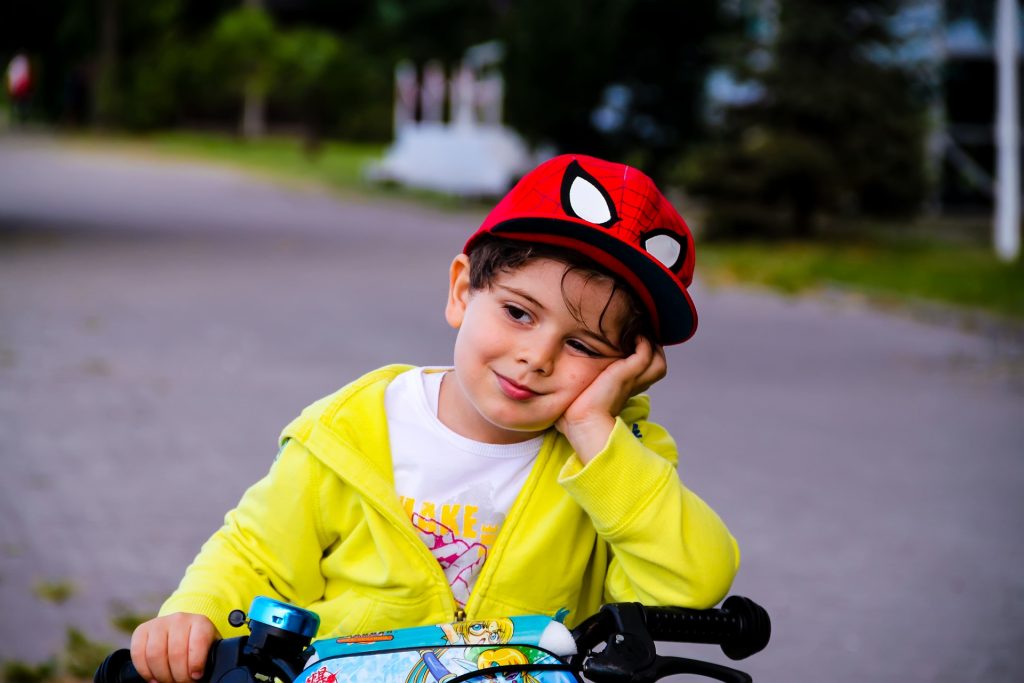
Prostock-studio/Shutterstock.com
Many researchers consider attention deficit disorder as a major ADHD symptom. A lion’s share of child problems at school and childcare are associated with inattentiveness.
Attention is a process that involves the ability to concentrate and stay focused on something for a certain period of time, where duration varies with the age of a child. This category includes kids with attention deficit problems who fail to meet generally accepted psychological norms.
Attention deficit disorder is a malfunction characterized by a rapid switch of attention to new external events or internal processes and such as random thoughts, emotions, and associations.
Impulsiveness
Impulsiveness refers to the inclination to act spontaneously and thoughtlessly in response to life events. A child’s impulsiveness can be expressed by the following:
- inability to wait till the end of the teacher’s instructions and acting quickly and ahead of time;
- being unable to assess the task correctly without giving much thought to it;
- inability to foresee the consequences of own actions, which results in getting into frequent unpleasant and often dangerous situations;
- the tendency to obey an impulse to attract the attention of others resulting in traumatic accidents such as injuries, cuts, wounds, etc.
- Such children are often called reckless, irresponsible and careless, but the real reason lies far behind those traits.
Basic differences between hyperactivity and normal activity
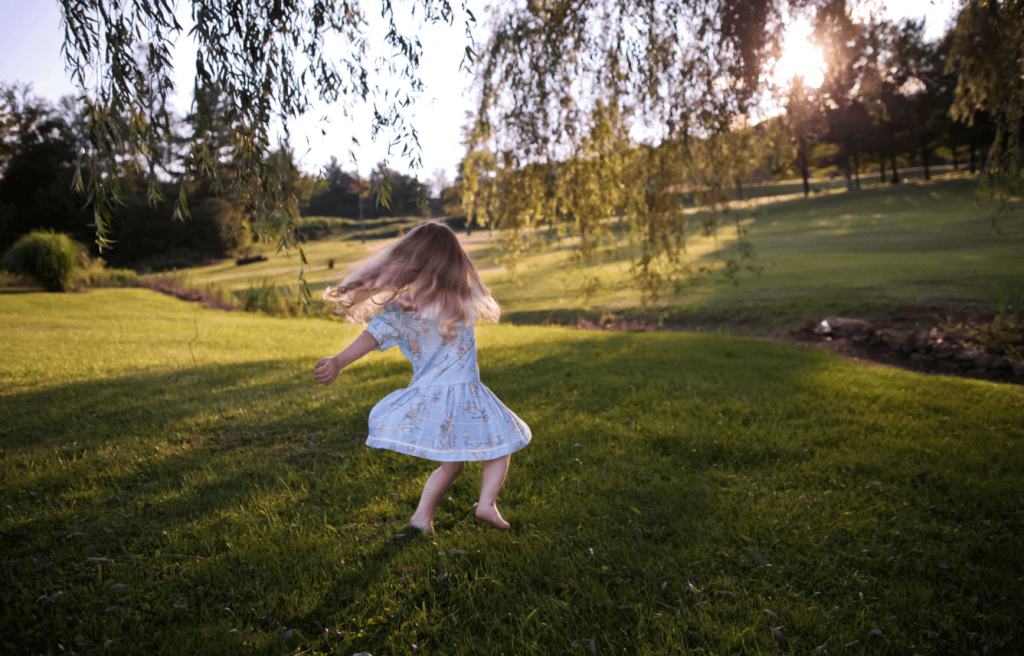
Prostock-studio/Shutterstock.com
There are some distinctive signs that can tell parents that their child may have ADHD signs. Try to be more observant and see if your child’s behavior can be described by the following characteristics:
- Being more active than other peers: more restless and unable to keep still even for a brief span of time.
- Having a tendency to be fidgety and locomotive (with excessive movements, swaying in a chair, spinning, etc.) including speaking habits such as yammering.
- Appearing to be easily distracted while performing tasks, forgetful, sloppy and losing things.
- Having difficulties with listening to what is told.
- Getting easily tired while accomplishing tasks, especially those that require patience and perseverance. Inability to do them independently and without parents’ (or teachers’) involvement.
- Being unable to finish the task, always doing things by halves, frequent changing of mind and losing interest in the activity.
- Appear to be highly excitable and repulsive; being unable to keep down and with a tendency to direct his or her emotions outward.
- Interrupting the speech of others and answering questions without thinking.
- Having difficulties with waiting for the turn.
- Unrestrained behavior and tendency to have quarrels and fights with peers.
- Appearing to have uncoordinated movements and a high risk of getting injured.
- Showing other signs of deviant behavior such as not following social patterns, and inability to negotiate and come to an agreement (for children over 4 years old).
ADHD or not?
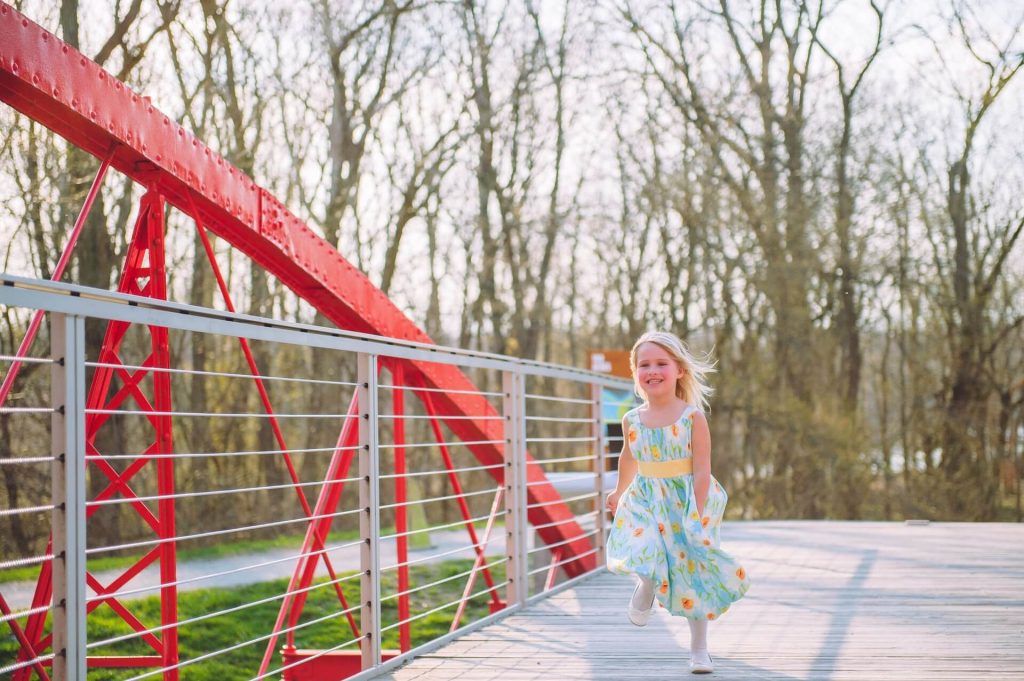
Prostock-studio/Shutterstock.com
General directions for parents with a child showing the above signs
A parent should consider seeking outside help in case of the following:
- above symptoms last for more than 6 months and prevent a child from social integration. Some healthy children might have temporary reactive states similar to hyperactivity. Nevertheless, these states are different and are not ADHD symptoms since they are caused by illness or stress and run for a short period of time;
- there is a certain consistency in a child’s behavior regardless of what kind of environment he or she is in: no matter if it is a school, childcare or a playground – symptoms are always present;
- a child shows more than one sign of a disorder. For example, if the task is time-consuming, your kid is never able to finish the job. In addition, he or she is unable to follow instructions in his or her gymnastics class (which may be coupled with the failure to coordinate movements);
- these symptoms create difficulties in a child’s everyday life, communication with others and learning despite his or her seemingly good IQ level;
- your child developed a couple of the above behavioral irregularities before the age of 7;
- a child is not affected by any other nervous system sickness or developmental disorder. Sometimes ADHD is confused with other conditions such as ASD (autism spectrum disorder), anxiety disorder caused by psychological trauma, endocrine disease, and even some form of epilepsy and schizophrenia. Therefore, it is absolutely necessary to make a specialist appointment in order to establish a definite diagnosis.
Some parents believe that ADHD is not a disease and after a short time, it would pass off. Unfortunately, they are mistaken: with the passing of years, the only the hyperactive component might go away.
Though upon reaching adolescence hyperactivity often slows down, it gets replaced with a state of internal anxiety and restlessness that usually develops into irresponsibility, difficulties with self-organization and discordant behaviors.
A child with ADHD symptoms: do’s and don’ts
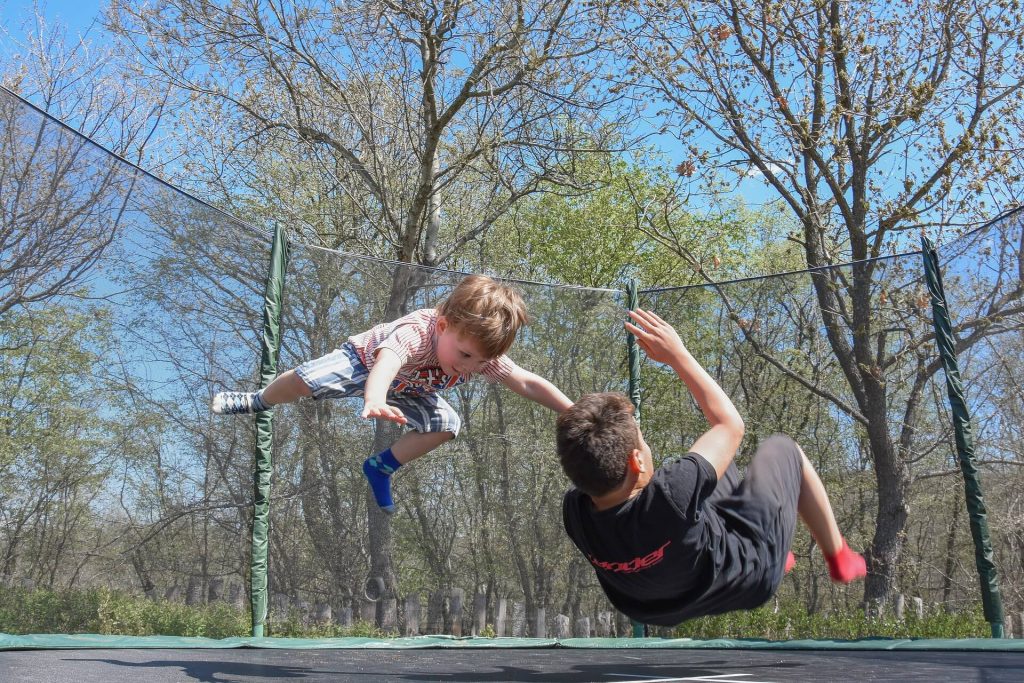
Prostock-studio/Shutterstock.com
1. Do not panic
A child’s condition would be greatly improved with properly organized treatment and correction of difficulties.
2. Undertake treatment
Since the ADHD occurrence is due to a combination of different reasons, it requires a multifaceted attitude. There is no single method for effective treatment of ADHD, but a comprehensive approach that sets the stage for success.
Very often behavioral therapy and remedial counseling are supported by adequate medication that helps to keep symptoms and functional impairments under control.
In most cases, it is advisable to start with seeing a specialist who will conduct diagnostic testing and assign а proper therapy. It is important to understand that pills alone would not lead to success and should be combined with psychological correction.
3. Psychologist and speech pathologist appointments
Upon observing a child psychologist and speech pathologist would build an individual treatment plan (based on a patient’s special needs and age) aimed to reduce impairments and increase a child’s learning skills, communication, and social integration.
4. Undergo a course of neuropsychological correction

Prostock-studio/Shutterstock.com
A neuropsychological correction course is a special set of non-drug psychological techniques and exercises that help to restructure specific brain functions and solve behavioral and learning problems.
This course involves special exercises that stimulate cognitive, emotional and motor development in children and includes stretching, relaxation, exercises for motor spheres, tongue and jaw muscles, etc.
The minimum number of classes per course is 16. To reinforce new skills the gaps between classes should be filled with exercising at home.
5. Direct involvement of the child’s immediate environment and parents into the treatment process; Necessity of understanding therapy as a special complex approach
Parents of ADHD children have to relearn to interact with them without overprotection and all-permissiveness, at the same time avoiding excessive requirements that the child is not able to fulfill.
Practical tips for parents of children with ADHD symptoms

Prostock-studio/Shutterstock.com
1. Take care of yourself
Since taking care of ADHD children is a challenging and time-consuming pursuit, parents often experience strain and a tendency to self-blame. Make sure to find enough time for yourself- this is necessary for recharging your batteries and finding the strength to keep on going. Do not forget about meeting your friends, tending to your own health, taking exercise and having a good night’s sleep.
2. Professional support
It is important to obtain professional assistance from experts specializing in ADHD treatment such as a psychiatrist, a neurologist, a speech pathologist, and a psychologist. Remember to undertake neuropsychological correction classes.
Parents should realize that without professional help it would be almost impossible to kill disease.
3. Supporting environment
It is a good idea to tell surrounding people (e.g. relatives and teachers) about your child’s individual differences. You will see that a good part of them would want to offer their help: explain how they can assist your child and what is better to do and not to do for his or her own good.
4. Family microclimate

Prostock-studio/Shutterstock.com
An unsafe family environment and marital conflicts can create additional difficulties and worsen a child’s condition. There has been noticed that the chance of divorce in families with ADHD child is twice higher compared with those without such a problem. This is a warning for parents who should stick together and try to preserve a friendly atmosphere conducive to their child’s improvement.
5. Following humane methods
A warm and homely microclimate can be achieved through patience and prudence. Shouting or physical punishment will only make things worse and should be avoided at all costs.
Parents need to understand that their child is unable to follow some instructions due to his or her special nervous system.
By making excessive demands on a child, you risk reducing him or her to a nervous breakdown and provoking additional health problems. When your kid is struggling with a difficult task – encourage, praise and show your interest with an even voice tone.
6. Cuddling
Cuddling is important for any child and essential for ADHD children. Do not forget to emphasize your sympathy and build your bond with a kid by hugging and stroking, especially in difficult situations – when he or she cannot cope with emotions or excitement.
7. Following daily routine
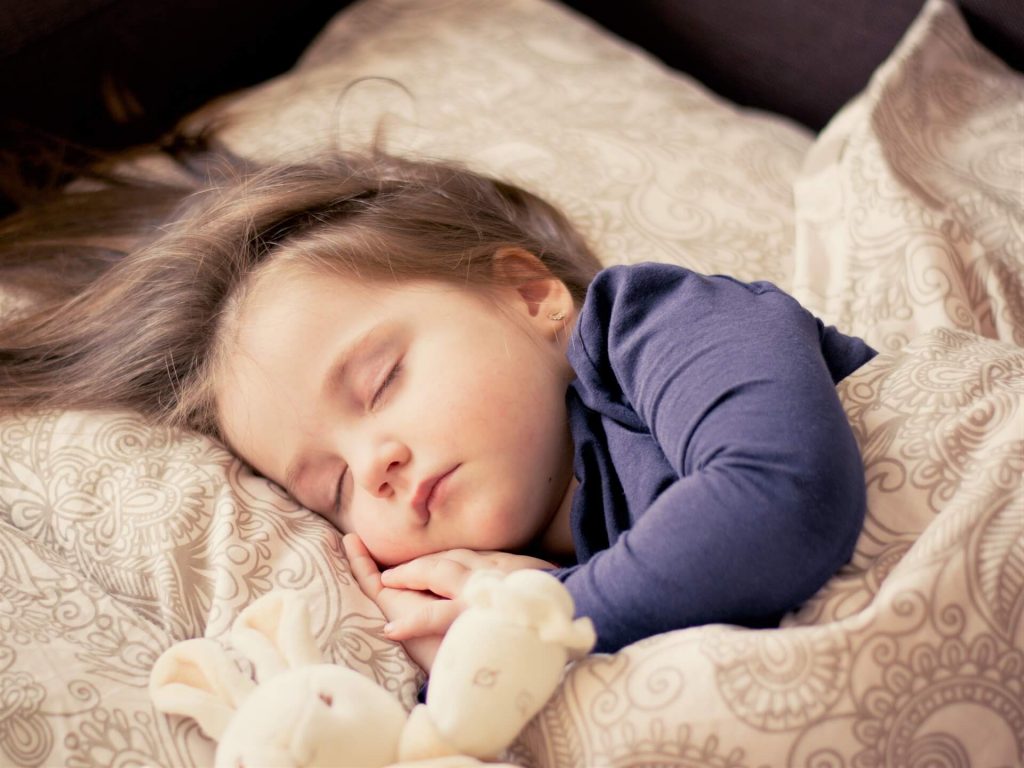
Prostock-studio/Shutterstock.com
Developing and following everyday routines will help successful therapy.
8. Adequate nutrition
Pay attention to a child’s daily eating and create a balanced diet where protein-rich foods are complemented with fruits and veggies’ carbohydrates (sources of vitamins and minerals). This helps to maximize a child’s cognitive function. And make sure to limit sweets!
9. Interior space organization
Help your child to organize his living and playing space. Hyperactivity is often accompanied by a mess, and getting rid of it is an important organizational skill.
It is a good idea to buy a lot of colorful containers, mark them (for preschoolers – with pictures), and teach a kid to put things in their places.
10. Memos and stickers
Due to the fact that ADHD children tend to forget and lose things, it’d be useful to write down their plans, make lists, mark everything that can be marked, and create reminders and memos. Try to help your child by turning it into play.
11. Tend your child’s overall health
Bear in mind that your child’s general health is no less important than ADHD therapy. Do not forget about preventive health measures such as immunization, dental examinations, and developing resistance to colds.
If a child catches an infection or a cold, this would jeopardize his treatment for ADHD, and that is certainly not what you both want to have on your road to complete recovery.
12. Physical activity and sports

Prostock-studio/Shutterstock.com
While choosing a sports activity for your child, keep in mind that not all sports suit ADHD-affected children. Avoid competitive and team sports – due to your child’s impulsiveness and communication problems. But swimming, skiing, tennis, horse riding, and dancing would be very good and enhance your kid’s overall development.
13. Attention training
Play with your child in games that are aimed to train and develop attention. You can find this kind of game in books or on the Internet.
14. Communication development
Effective communication with others is imperative for an ADHD child, and your everyday efforts to develop them will pay off in spades. This includes not only talking but an understanding of other communicative means such as body language and gestures. Consider reading fairy tales and trying to perform them.
15. Safeguard your child’s special identity
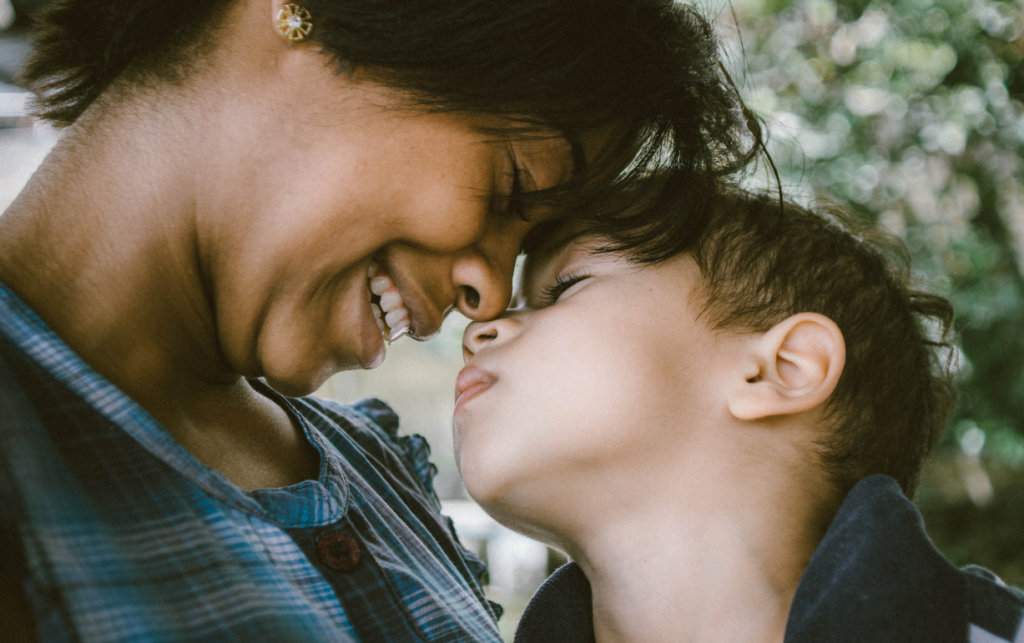
Prostock-studio/Shutterstock.com
Try to protect your child’s mind from excessive stress. Avoid big crowds and massive public events that may increase his or her anxiety and prevent steady recovery.
16. Relaxation
Pick up new ways of relaxation to relieve the emotional and muscular tension that your kid may accumulate throughout the day. This can be specially selected exercises, games or expressive therapy, which is an expression of a person’s imagination through creative activities such as drawing, painting, or clay modeling.
17. Come to know useful applications
These days there are plenty of useful apps focused on parental monitoring, and you can consider trying quite a helpful service called Findmykids.
The assistance of Findmykids to a family with an ADHD child
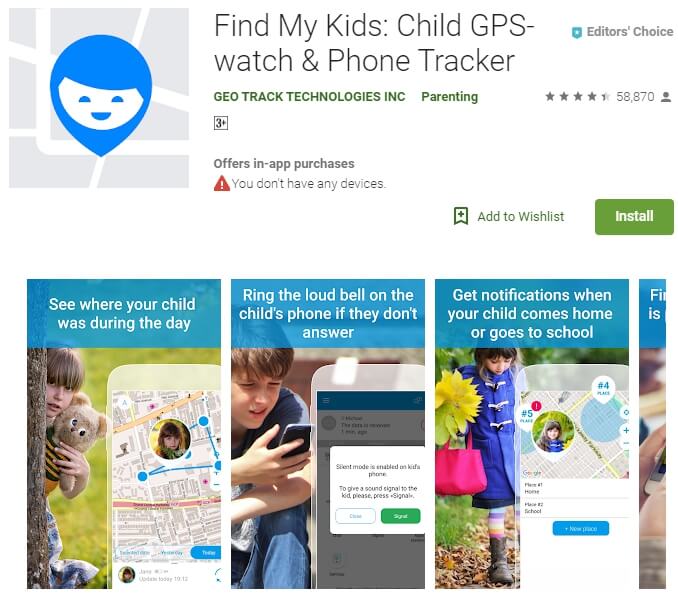
Prostock-studio/Shutterstock.com

It makes sense to get acquainted with a new app Findmykids, which can help you to monitor your child with ADHD symptoms without excessive intrusion into his or her privacy. Its discreet assistance will enable you to do the following:
- know the location and itinerary of your child – this is especially useful in the case of school children;
- understand the reasons for dodging your calls by sending a loud beep;
- listen to your child’s mobile surroundings and background conversations that allow you to know how he or she adapts to society and communicates with peers or strangers. This would be especially helpful if your child holds something back from you (which may jeopardize his or her safety);
- receive an emergency alert if your child gets into a dangerous and threatening situation;
- at any time make a call or send a voice or text message;
- track your child’s mobile usage data;
- monitor the frequency and duration of your child’s whereabouts at school, sports activities, and other (e.g. unusual) places.
Being aware of what is going on will enable you to help your child quicker and more effectively in case he or she gets into trouble.
Psychologist advice

Prostock-studio/Shutterstock.com
If you notice the signs of hyperactivity and attention deficit in your child, do not ignore them and consider a specialist appointment that eliminates or confirms your suspicions.
It is vital to remember that no specialist and no treatment will replace parental love and faith. Without the sincere involvement and dedication of parents, a child’s way to recovery will be extremely difficult.
Love your children as they are, and believe that it is possible to overcome difficulties. The main thing is to walk the walk.
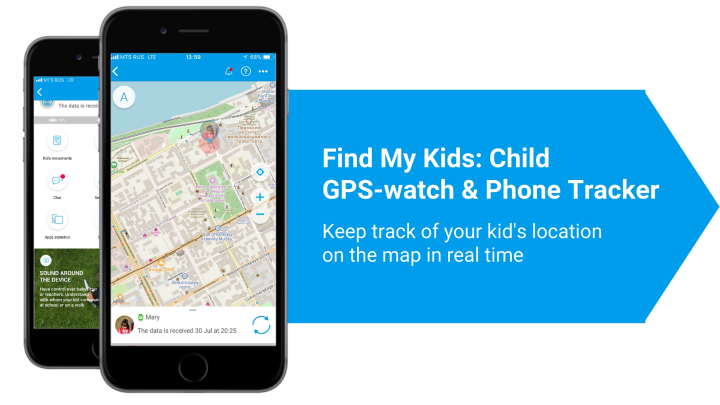
Prostock-studio/Shutterstock.com
Проверьте электронный ящик















